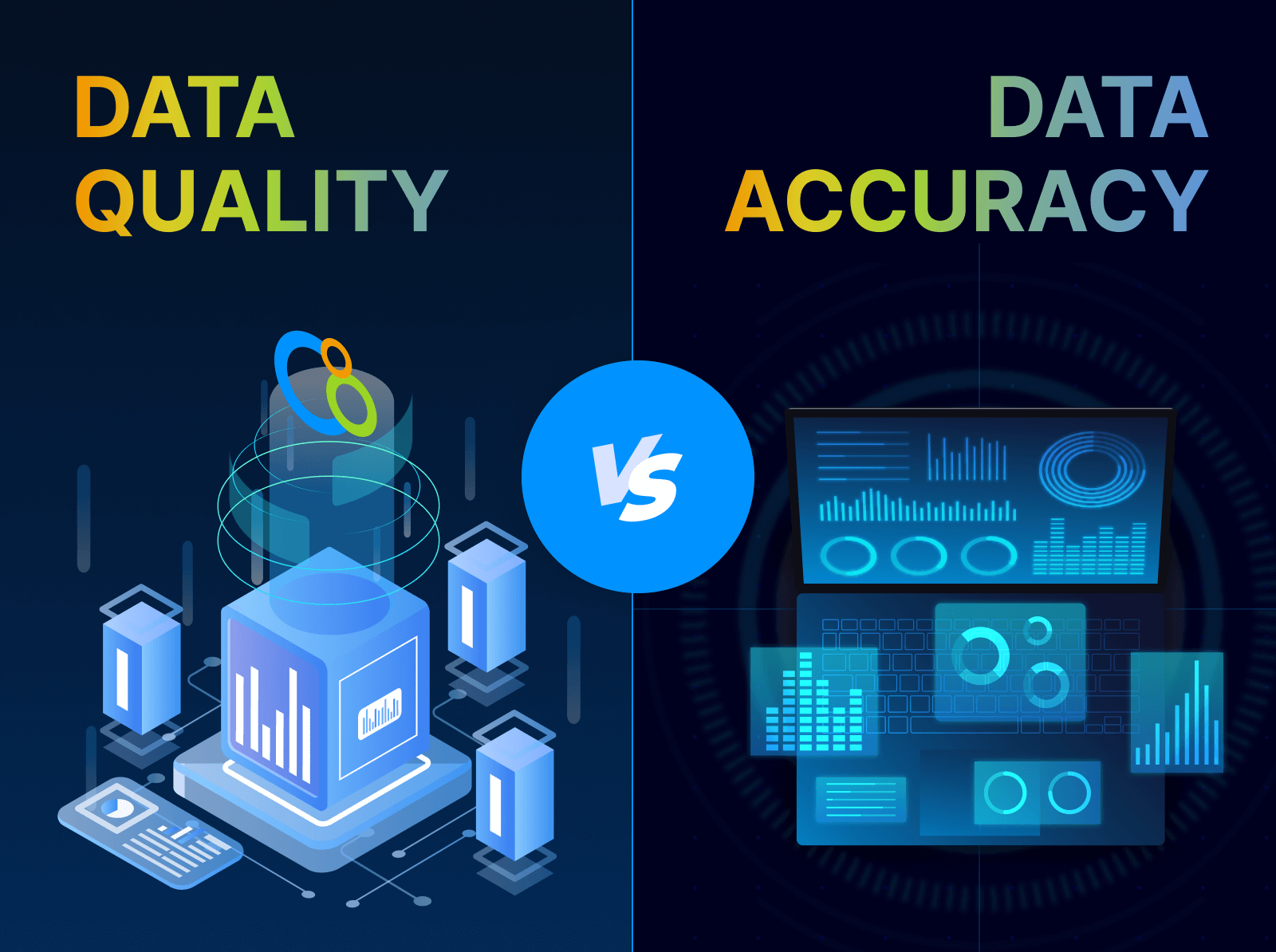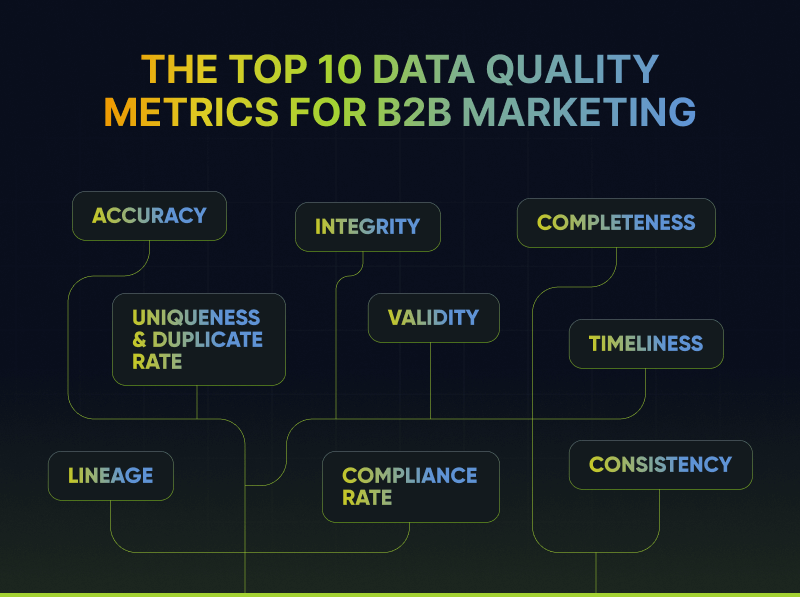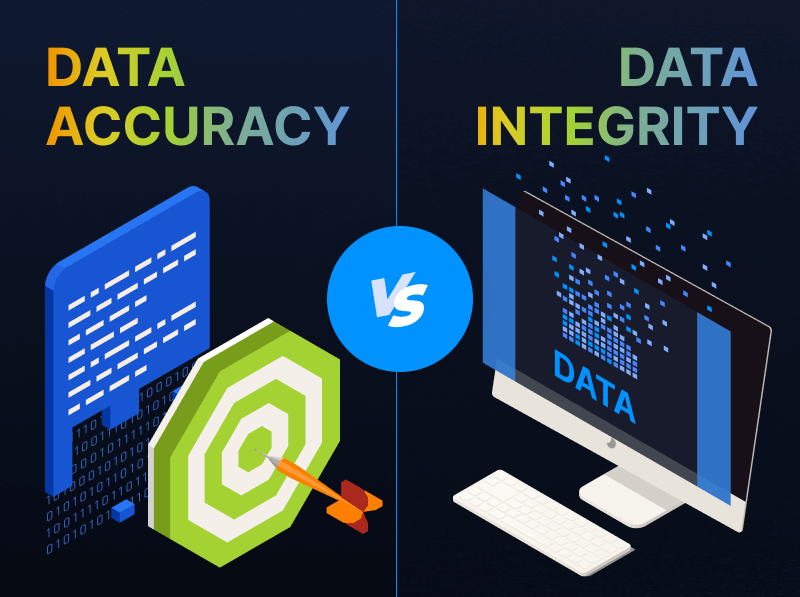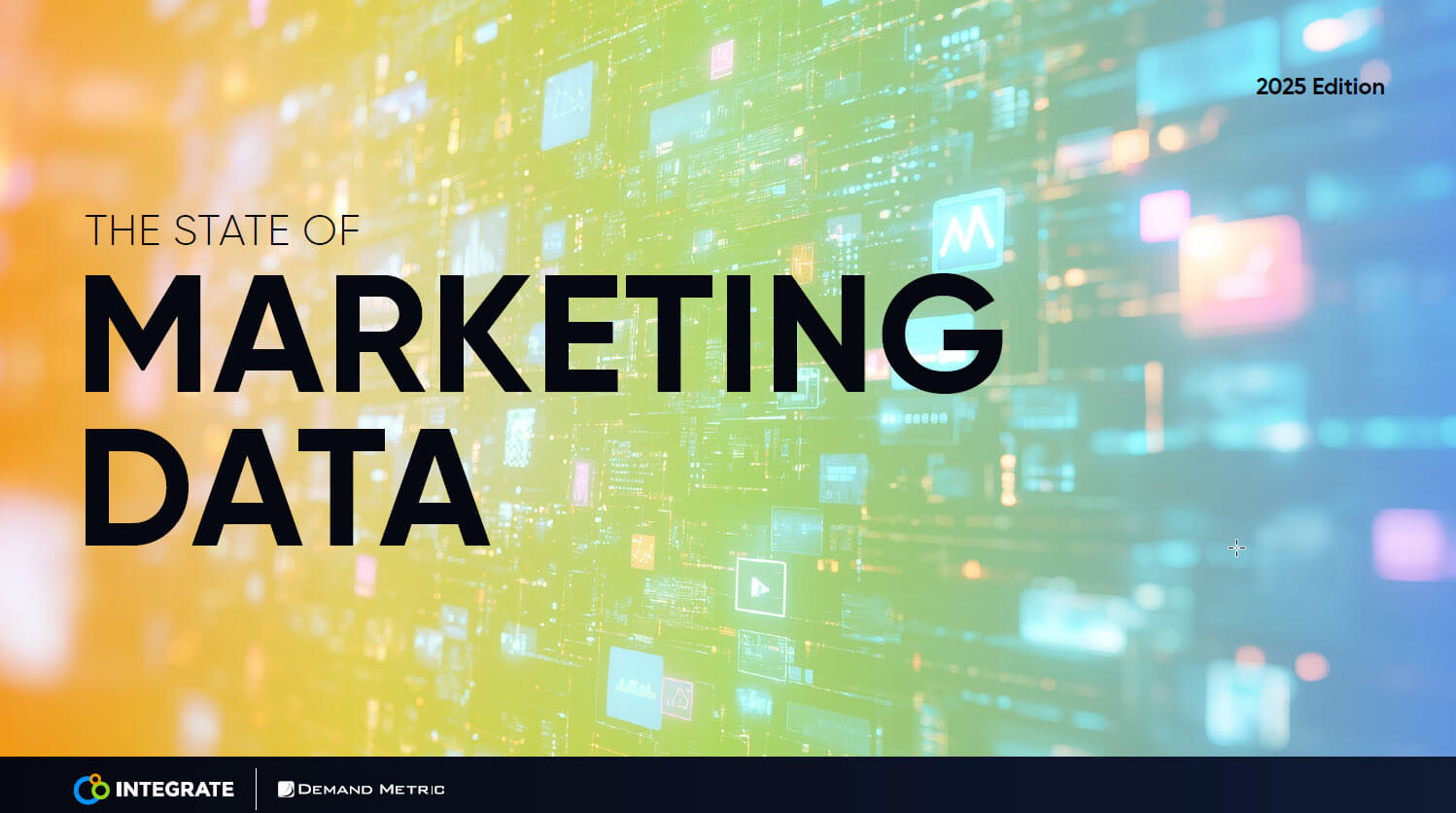3 Things B2B Marketers are NOT Going to do in 2021
The best part about my job is that I get to learn from other marketers all day, every day. The past year brought one unexpected challenge after another for B2B marketers. In 2020, everything we thought we knew changed almost overnight as offices shut down and knowledge workers scrambled to set up what they thought would be temporary home offices.
All the stock photography we’d been using showing groups of people working side-by-side suddenly seemed out of place. Our carefully planned and promoted regional road shows and customer conferences had to be postponed or taken virtual. Which also meant reassessing our field marketing team’s skills to find ways to redeploy them.
We scrambled to update or retire evergreen content that carelessly threw around phrases like “contagious” and “viral.” And if we weren’t sure where all those mentions were, you can bet someone was able to point that out for us, usually on social. Every day brought with it some new and unexpected “unprecedented event” and we continually readapted and evolved our marketing programs accordingly. Man, I respect the hustle, marketing friends.
The good news is these changes and the challenges they brought with them also led to an acceleration of everyone’s digital efforts. Digital transformation is no longer marketing jargon, it is here. This means more data to inform our marketing efforts for 2021 and beyond toward more precision, agility and scale. It also forced all of us to think differently. This is not a year for making a few cosmetic changes to an existing marketing plan. Instead, it’s a year to commit to understanding how to serve existing customers and help them make the right choices in their marketing strategy.
In years past, many marketers may have approached their marketing planning with a list of aspirational resolutions. But that’s not how progressive marketers roll. Instead, we take a data-driven approach to optimizing our marketing campaigns to drive the best outcomes. That’s sound planning—not hope!
We reached out to a number of our customers and colleagues to hear from them on this topic. Considering everything they’ve learned over the past year about operating in this whole new world of marketing, we asked them to share what they’re NOT going to do in 2021. Here’s what these smart marketers said.
We’re Not Going To Host Any More Lame Virtual Events
“Raise your hand if you’ve attended at least one incredibly disappointing virtual event in the past year,” says Erika Heald, Founder, Erika Heald Marketing Consulting. “I can think of one that I was really excited about when I signed up for it and paid my registration fee. But, as I sat through the third canned webinar type presentation in a row without any interaction, I started sifting through my email inbox, responding to Slacks, and eventually closed down the Zoom window. I didn’t go back to view anything from the presentation archives later, and I won’t pay to attend another one of their conferences in the future, either. As marketers, we can—and should—do better! I’m not going to participate in any more virtual events unless there is a clear focus on interaction.”
“Stop the virtual event madness,” says Bruno Bertini, Vice President, Global Partner, Alliances and Ecosystem Marketing, Genesys. “We`ve made them digital twins of the physical world but forgot to take a step back and rethink this new buyers journey… The new normal has made our buyers, ourselves, desperate for high-quality engagements and real brand connections. Marketing was never more important!”
“I’m just sick to death of the subpar virtual events out there,” says Maureen Jann, Chief Strategist + Founder, Neoluxe Marketing. “I keep going to events that are clearly lacking the interactive, connective, and community-oriented spirit that is more than 50% of the draw of a conference or a virtual event, and I’ve been let down time after time. With this in mind, I’m not working on any virtual events that don’t put attendee interaction front-and-center. This year, when we run a virtual event for our high-profile client, we’re going to do it by connecting with them beforehand, allowing attendees to build relationships with attendees, offer meaningful interactive breaks, and offer high-quality content with live question and answer sessions. If you’re planning events and you’re not incorporating these elements, you’re doing it wrong.”
We’re Not Going to Make Assumptions
“In 2021, I’m going to stop assuming everyone in the room is speaking the same language,” says Dawn Colossi, CMO, Focus Vision. “Different words, like ‘lead,’ for example, mean different things to different people. This year, I’m going to make a point to define what certain words and terms mean to my team and me and ask others to define what they mean. Speaking the same language that allows clear communication and understanding, I believe, is the first very crucial meeting step to alignment. It’s working already!”
“We won’t be making Marketing program decisions without analyzing the impact of the program beforehand,” says Matthew Mullin, Sr. Director of Marketing Operations and Technology, Tenable. “When working through our 2021 plans, the Marketing leadership at Tenable has focused on program efficacy from previous years by grouping campaign types into particular categories. We’ve taken a look at conversion rates, opportunities created, pipeline impact, close rates, and if we’ve lost, we’re analyzing where we lost (e.g., What stage) and why and to whom we lost. Data drives our decision-making, and we’re doubling down on that approach for 2021.”
“Don’t assume leads will magically convert because you think they are good or their score is high,” says Erin Cresta, VP Digital and Demand Gen, Palo Alto Networks. “Conversion is a function of the quality of the lead and rep’s ability to convert. Reps must be able to diagnose customer problems to get new meetings & grow ‘at-bats.’ Invest in strengthening discovery skills, share intel around how accounts are engaging digitally, and help sales build their digital DNA.”
We’re Not Going to Try to Be Everywhere or Appeal to Everyone
“We are not going to focus our marketing efforts across all industries. We are going to focus our marketing efforts on our top industries and top accounts within those industries,” says Tami Mandeville, VP Marketing, Inkling. “Although we are shifting to true ABM, we are not going to remove top-of-the-funnel, traditional marketing to these industries. We need both to complement one another. We are also not going to MQL individuals – we’re shifting to MQA (marketing qualified accounts). Goals need to be adjusted as a result.”
“Do NOT batch and blast a campaign to everyone,” says DeLaine Nick, Director, Growth Marketing, Ellie Mae. “Sure, you want to get the word out, but you will have a better outcome if you have identified your audience BEFORE the team starts working on the deliverables of the campaign. Segmenting and targeting works! If you speak to your audience directly with a clear message and fold in the ‘what’s it for you,’ chances are they will pay attention to what you are delivering to them.”
“We will not invest in growth-oriented programs that do not perfectly align with sales growth initiatives,” said Steve Manuel, Director of Revenue Marketing, Rockwell Automation. “Alignment criteria for investment include specific account targeting, propensity, and stage within the marketing and sales funnels. Our ability to accelerate growth for specific product segments is predicated on data-driven alignment, targeting, and audience reach.”
“I think as data-driven marketers, we can fall into the trap of doing the math to determine how many leads we need to generate to generate specific bookings targets,” says Susan Beermann, CMO, NAVEX Global. “Our BIG focus is on improving our conversion rates to gain better results and lift. This requires doing a much better job of targeting companies who are in market for a solution and being much smarter about the messages we deliver to the various personas in the typical buying group (decision-makers and influencers).”
“Data-driven marketers are not going to stop asking questions in 2021,” says Annie Shea, CMO+People, Uniphore. “They aren’t going to run the same plays that they build and then rebuilt in 2020 or use pre-pandemic data to make strategic marketing decisions. It’s all changed and will not go back to old ways. They will stop analyzing every data point and ask, what are the key data points that matter?”
2021 Looks Bright for B2B Marketers
It’s pretty inspiring to hear how other data-driven marketers are approaching their marketing planning for the year with more precision, more clarity, and more focus. However, it can also feel a little overwhelming when we start to think through all the things we want to accomplish. But don’t let that stop you from getting started. Or worse yet, get bogged down in analysis paralysis only to find it’s suddenly the second quarter of the year, and your plan is still in flux.
“We’re not going to overthink it!” says Kathy Macchi, Vice President of Consulting, Inverta. “Last year forced us to do more with less and improve our own internal synchrony. In 2021, we’re going to focus on synchronizing the basics and ensure the impact of our programs is greater than the sum of its parts.”
I am continually astounded by our marketing community and their innovative thinking. I am inspired by full-journey marketers who get that it is all about one thing – the buyer.
What are YOU going to not do in 2021? Let us know on Twitter @Integrate.









